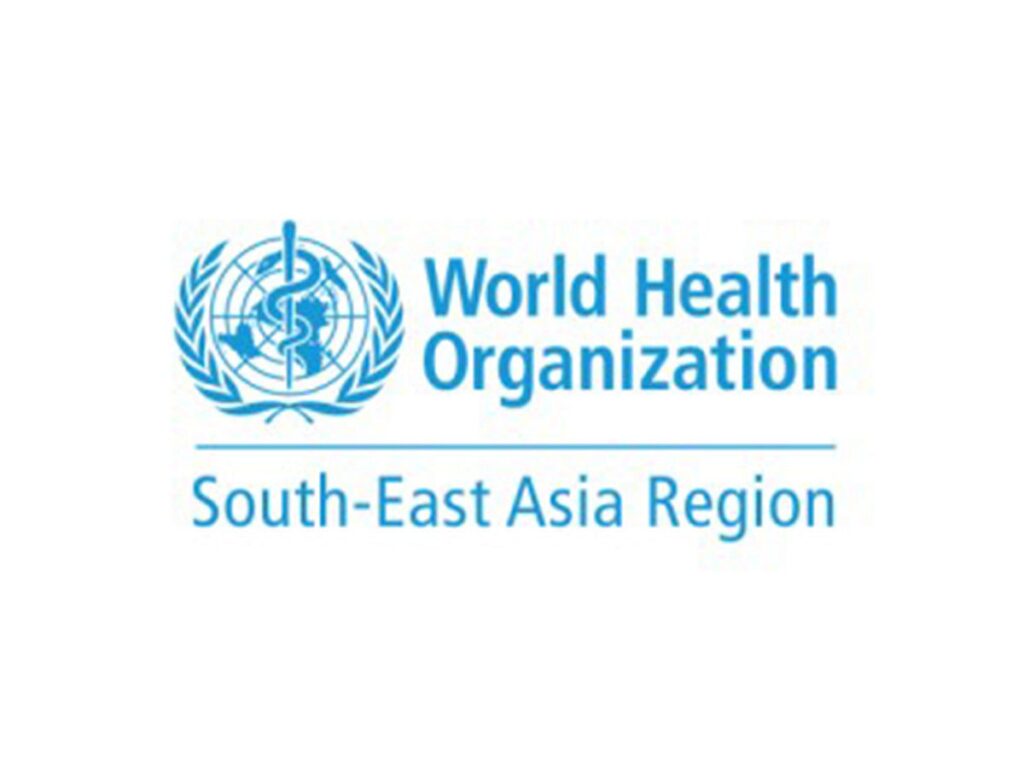NEW DELHI: Only one in three adults with diabetes receives treatment across the South-East Asia region, and less than 15 per cent have their blood glucose levels adequately controlled, the World Health Organisation (WHO) said on Thursday on the occasion of World Diabetes Day.
The region, which includes India, faces a significant challenge, with over 279 million adults living with diabetes, one-third of the global burden, and a high number of undiagnosed, untreated, or poorly controlled cases, the WHO said.
“Diabetes, a chronic metabolic disease, can lead to life-threatening damage to the heart, kidneys, nerves, and eyes if diagnosed late or managed poorly,” said Dr Catharina Boehme, Officer-in-Charge, WHO South-East Asia (WHO SEARO).
This year, the theme of World Diabetes Day is ‘Diabetes across life stages,’ recognising that every person living with diabetes should have access to integrated care and supportive environments and policies that promote health, dignity, and self-management.
“We highlight the need for equitable, age-responsive approaches to diabetes prevention, diagnosis, and management across the life course,” she said.
“Children with diabetes need timely and tailored care at home and school to help them grow, learn, and thrive. Managing diabetes during pregnancy supports the health and future of both mother and baby, while older adults need ongoing support and knowledge to manage their condition and reduce the risk of complications,” she added.
While type 1 diabetes, which typically begins in childhood and adolescence, cannot currently be prevented, it can be managed.

